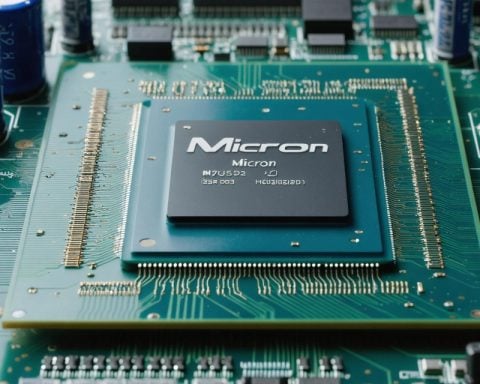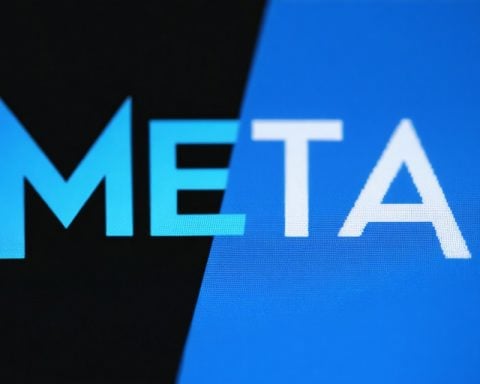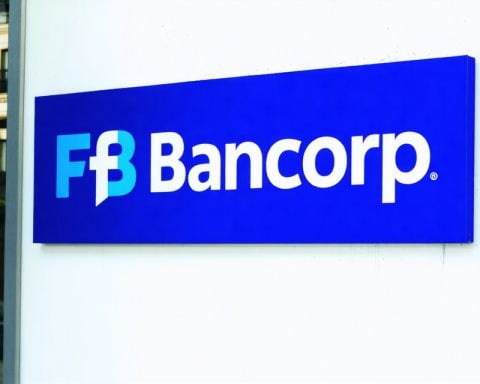- Nikola Corporation has filed for Chapter 11 bankruptcy, ending a tumultuous period in the electric vehicle industry.
- The company seeks court approval for an asset auction due to financial struggles, with remaining funds at $47 million.
- Operations like HYLA fueling may close by March unless new partnerships are formed.
- Nikola initially gained attention in 2016 with its hydrogen-electric semi, Nikola One, and went public in 2020 via a SPAC merger.
- Fraud allegations in 2020 led to founder Trevor Milton’s resignation and a struggle to recover.
- CEO Steve Girsky acknowledges significant challenges faced by Nikola and peers in the EV market.
- Nikola’s story highlights the excitement and risks of pioneering innovation in the automotive industry.
- The company looks forward to new ownership potentially reviving its ambitious legacy.
In a dramatic twist of fate, Nikola Corporation, once a beacon of innovation in the electric vehicle industry, has crumbled, filing for Chapter 11 bankruptcy. This marks the end of a tumultuous chapter for the automaker, who captivated investors with its ambitious dreams for zero-emission trucks.
The halls of the U.S. Bankruptcy Court in Delaware echoed with the company’s plea for asset auction approval. Nikola’s financial fortress, weakened by market adversities, stands on its last $47 million. The clock ticks as they seek a swift sale to conserve cash. Operations like HYLA fueling cling to life, destined to shutter or transform by March unless new partners step in.
Once, Nikola dazzled the market with its hydrogen-electric semi, the Nikola One, unleashing a storm of excitement in 2016. The company made waves again in 2020, going public in a grand SPAC merger. Yet, the tides turned abruptly with fraud allegations, casting a pall over its promising trajectory. Founder Trevor Milton’s resignation as chairman marked the beginning of a long struggle to regain footing.
CEO Steve Girsky, facing reality with stark candor, concedes the challenges Nikola and its EV peers encountered. Market headwinds and internal upheavals proved insurmountable. Despite efforts to stabilize, the company lost its grip on a thriving dream.
In the end, Nikola’s saga is a poignant reminder of both the allure and volatility inherent in pioneering innovation. As it lays its legacy to rest, the narrative promises a new chapter, one that might just rise from the embers of bankruptcy. The company now hopes for a future shaped by new ownership, solidifying its place in the annals of automotive history.
The Rise and Fall of Nikola Corporation: Lessons for Innovators and Investors
How It All Began: The Promising Vision of Nikola
Nikola Corporation burst onto the scene with grand aspirations of revolutionizing the trucking industry through zero-emission hydrogen fuel cell technology. Their flagship product, the Nikola One, promised a greener future, capturing the imaginations of investors eager to back the next big thing in electric vehicles.
The Road to Bankruptcy: Unpacking the Collapse
Despite its auspicious beginnings, the company faced challenges that led to its downfall:
1. Fraud Allegations: In 2020, allegations of deceptive practices severely impacted Nikola’s reputation. Founder Trevor Milton was accused of misleading investors about the company’s technology capabilities, leading to increased scrutiny and legal challenges.
2. SPAC Frenzy: Like several startups, Nikola’s decision to go public via a Special Purpose Acquisition Company (SPAC) presented funding opportunities but also immense pressure to deliver on promises.
3. Economic and Market Challenges: The electric vehicle industry is highly competitive and capital-intensive. Supply chain disruptions, rising costs, and intense competition from established players made survival challenging without a strong financial base.
Real-World Use Cases: Learning from Nikola’s Journey
– Investor Due Diligence: Nikola’s trajectory highlights the importance of rigorous due diligence. Investors must critically assess startup claims, especially when revolutionary technology is involved.
– Strategic Partnerships: Partnerships could be pivotal for startups. Nikola’s collaboration with entities like GM initially buoyed market confidence, although complications later arose.
Industry Trends and Market Forecast
– Market Consolidation: Expect increased consolidation in the electric vehicle sector. Companies with robust technology and transparent operations are more likely to attract acquisitions or mergers.
– Focus on Sustainability: With global policy shifts towards emissions reduction, companies focusing on sustainable innovation will emerge stronger. The focus may shift to more efficient energy models, like hybrid solutions, until hydrogen technology matures.
Security, Sustainability, and Future Predictions
– Data Security: As EVs become more connected, cybersecurity becomes paramount. Nikola’s journey underscores the need for robust security measures to protect intellectual property and user data.
– Sustainable Practices: Future players in the electric vehicle sector need a sustainable framework that aligns with consumer expectations and regulatory standards.
– Revival with New Ownership: If Nikola emerges from bankruptcy successfully, a new leadership team focused on transparency could potentially steer the company back to stability.
Key Takeaways for Innovators and Investors
– Thorough Research: Verify technology claims with independent evaluations before investing.
– Long-term Partnerships: Establish meaningful collaborations to bolster credibility and market reach.
– Agility and Adaptability: Stay adaptable to market changes and technological advancements.
Recommendations for Aspiring Startups
– Transparency: Clear, honest communication builds trust with investors and stakeholders.
– Innovative Edge: Maintain a competitive edge through constant innovation, staying ahead of industry trends.
– Resource Management: Efficient resource and cash flow management are vital for navigating market turbulences.
Related Resource
Discover more about sustainable vehicle innovations by visiting Tesla.
Ultimately, Nikola’s story is a classic case of innovation potential meeting harsh business realities, offering valuable lessons for future makers and movers in the electric vehicle industry.




















